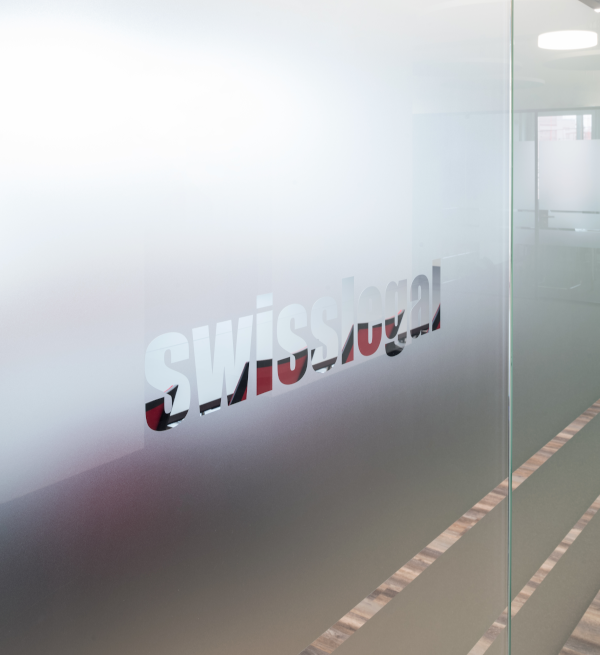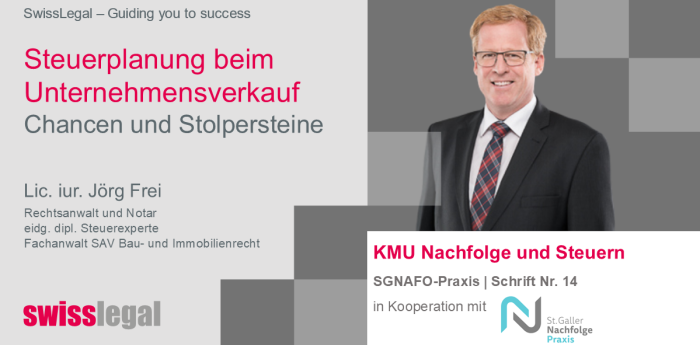
Federal Supreme Court rules on Leitenscheid case regarding defects in COVID-19 closures of business premises
Federal Supreme Court rules on Leitenscheid case regarding defects in COVID-19 closures of business premises
Official closures of business premises in connection with the COVID-19 pandemic do not constitute a defect in the rental property
With the recent decision of the Federal Supreme Court 4A_37/2025 of September 11, 2025, our attorneys @Mauro Lardi and @Lukas Pinggera were able to obtain a landmark ruling for a landlord of business premises.
The starting point for the dispute under tenancy law was the question of whether the officially ordered closures of business premises in connection with the COVID-19 pandemic constituted a defect in the rented property and thus justified a claim for a rent reduction. There were differing opinions in legal doctrine on this legal issue, which had not yet been clarified by the Federal Supreme Court.
Some legal scholars were of the opinion that the landlord of business premises grants the tenant the possibility of operating a business in the rented premises by means of the contractually agreed description of purpose. If the tenant is unable to use the rented property for its intended purpose through no fault of their own, this constitutes a defect in the rented property. Since the official closure had prevented the use of the premises as business premises, there was a defect in the rented property which, even without fault on the part of the landlord, entitled the tenant to a rent reduction (BGer 4A_37/2025 of September 11, 2025, Erw. 4.3.4).
Our attorneys Mauro Lardi and Lukas Pinggera, on the other hand, agreed with the argument of the other part of the doctrine and took the view that a distinction must be made between property-related and business-related characteristics. Property-related characteristics refer to the condition of the rented property, while business-related characteristics concern the commercial activity carried out by the tenant in the rented property. The landlord is generally only liable for property-related characteristics. Liability for operational characteristics only exists if the landlord has expressly guaranteed them. Since the closures ordered by the authorities as a result of the COVID-19 pandemic constitute operational characteristics, there is no defect in the rented property according to this view. Consequently, the landlord is only liable if he has expressly guaranteed the operational characteristic.
The Federal Supreme Court agreed with the legal opinion presented by our attorneys Mauro Lardi and Lukas Pinggera. It concluded that the official closures to contain the COVID-19 pandemic do not affect the quality of the leased property in question, but only the commercial activity that is the tenant's responsibility. In particular, this was not comparable to the case of construction emissions affecting the rented property (Federal Supreme Court 4A_37/2025 of September 11, 2025, consid. 4.3.5).
The description of the intended use in the lease agreement alone is not sufficient to justify an assurance that the leased property can be used for its intended purpose throughout the entire term. Since the contracting parties had not agreed on any other assumption of the operational risk in the present case, there was consequently no guarantee of use during the officially ordered closure (Federal Supreme Court 4A_37/2025 of September 11, 2025, consid. 4.4.2). The tenant's appeal was therefore dismissed.
This is a DeepL Pro translated summary of the original article by Attorney Mauro Lardi, LL.M., and Attorney Lukas Pinggera, SwissLegal Lardi & Partner AG, Chur (October 9, 2025)
SwissLegal – Guiding you to success
images






